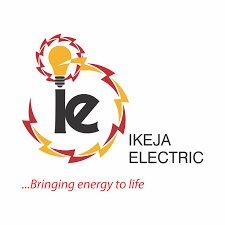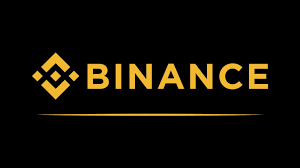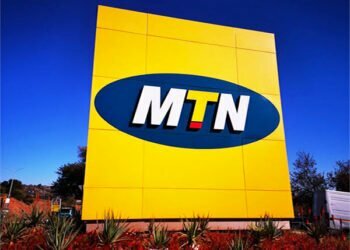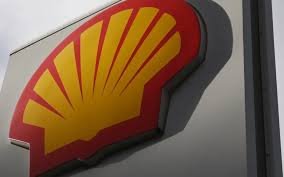The Ikeja Electricity Distribution Company (Ikeja DisCo) has announced a reduction in the electricity tariff for customers under the Band A classification, addressing concerns about affordability and access to electricity supply. The Explainer gathered that effective May 6, 2024, the tariff for Band A customers will decrease from the previously approved N225 per kilowatt-hour (kWh) to N206.80/kWh, according to a circular issued by the DisCo recently.
The circular stated: “Please be informed of the downward tariff review of our Band A feeders from N225/kWh to N206.80/kWh effective 6th May 2024 with guaranteed availability of 20-24hrs supply daily.”
ALSO READ: Estimated Billing By AEDC: Ado Community Decry High Cost of Electricity
The move comes after the Nigerian Electricity Regulatory Commission (NERC) had earlier approved an increase in tariff for Band A customers to N225 per kWh on April 3, up from the previous rate of N66. This decision sparked controversy, as Band A customers typically receive 20 hours of electricity supply daily.
NERC had canvassed the point that the tariff hike was needed in order to reduce subsidies for the 2024 fiscal year by approximately N1.14 trillion. “With the newly approved tariffs, subsidies for the 2024 fiscal year are expected to reduce by about NGN1.14 trillion in furtherance of the federal government’s realignment of the subsidy regime,” NERC state.
ALSO READ: Anger, Condemnation Trail Electricity Tariff Hike
According to the National Bureau of Statistics (NBS), the cost of electricity has been a significant contributor to the high cost of living in Nigeria, with the average cost of electricity per kilowatt-hour standing at N184.33 in 2023.
The Vice-Chairman of NERC, Musliu Oseni, expressed optimism that the new tariff would bolster the nation’s economy, signalling potential benefits amidst ongoing debates over electricity pricing and subsidy policies. The administration of President Bola Ahmed Tinubu has attracted strong condemnation from labour, civil society groups and citizens over the escalating cost of living crisis. Apart from the removal of fuel subsidy, which has put the economy on a tailspin, policies such as free floating of the national currency and the hike in electricity tariffs have portrayed the President and his party as being out of touch with the pains of Nigerians.


























